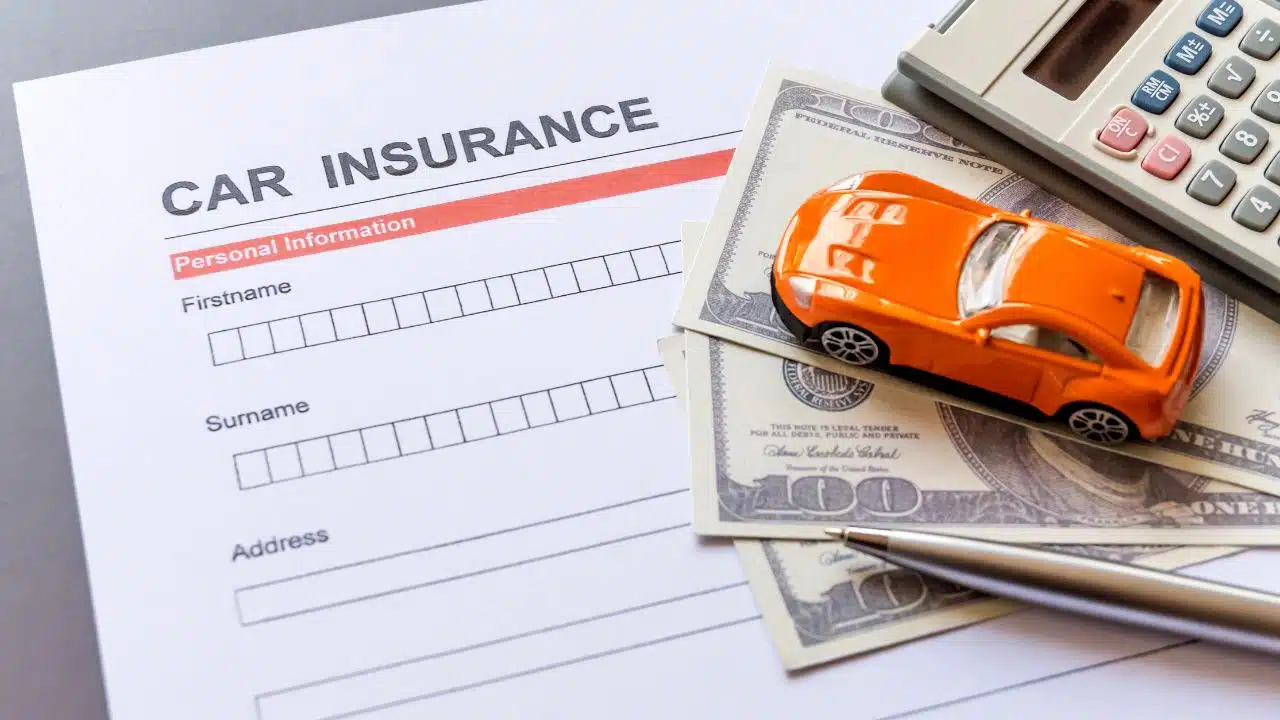For anyone seeking a Car Loan, whether for a new or used car, understanding the forces that shape your Car Loan interest rate is of the utmost importance.
This is because even a small variation in the Car Loan interest rate can significantly affect the overall cost of your loan. Therefore, a detailed analysis of these factors is crucial as it enables you to negotiate a better deal and ultimately save a substantial amount of money in the long run.
This article provides a comprehensive breakdown of the key factors that influence your Car Loan interest rate, giving you the required knowledge to secure the best deal.
Factors that determine your Car Loan interest rate
Vehicle age and type
The age and type of vehicle you are financing can make a big difference in your Car Loan interest rate.
Generally, New Car Loans qualify for lower interest rates because they are considered safer and tend to hold better value. On the other hand, User Car Loans are viewed as riskier and may come with higher interest rates because of their potential for higher maintenance and lower resale value.
Additionally, the type of car you purchase can also affect the Car Loan interest rate. For example- A Car Loan taken to purchase a luxury car often comes with a higher interest rate due to its higher purchase price.
Credit score
Credit score is a major player when it comes to determining Car Loan interest rates. This is because it serves as a snapshot of your credit history and repayment habits.
If you have been responsible with credit in the past and have a high credit score, lenders will likely offer a lower interest rate.
Conversely, a poor credit score can raise concerns about your ability to repay the loan, leading to higher Car Loan interest rates or even loan rejection.
Loan term
Loan term, also known as loan tenure or repayment period, is another key factor that influences your Car Loan interest rate.
Essentially, the longer you take to repay the loan, the higher the risk for the lender- and the higher the interest rate will be.
On the flip side, shorter loan tenures, preferably below or up to 36 months, are viewed as less risky by the lender because they get their money back faster. Therefore, opting for a Car Loan with a short tenure rewards you with a lower Car Loan interest rate, leading to significant savings over time.
Lender and market trends
Different banks and financial institutions offer different interest rates on their Car Loans based on their individual policies and risk assessment criteria.
Some lenders might offer competitive rates while others might charge higher interest rates for the same loan amount and tenure.
Furthermore, market conditions, such as inflation and monetary policies, can also impact your Car Loan interest rate. For instance, during periods of high inflation or economic uncertainty, lenders may raise interest rates to manage risk.
To get the best deal, it’s crucial to compare Car Loan interest rates from multiple lenders, stay informed about market trends and be strategic about when to apply for a Car Loan.
Summing up
Car Loan interest rates are influenced by a number of different factors. Credit score, loan specifics, choice of lender and market conditions all play a role in determining this rate and finally your outgo in the form of EMIs.
By grasping the intricacies of these influencing factors, you can secure a competitive Car Loan interest rate and drive away in your dream car while keeping your finances on track.










































